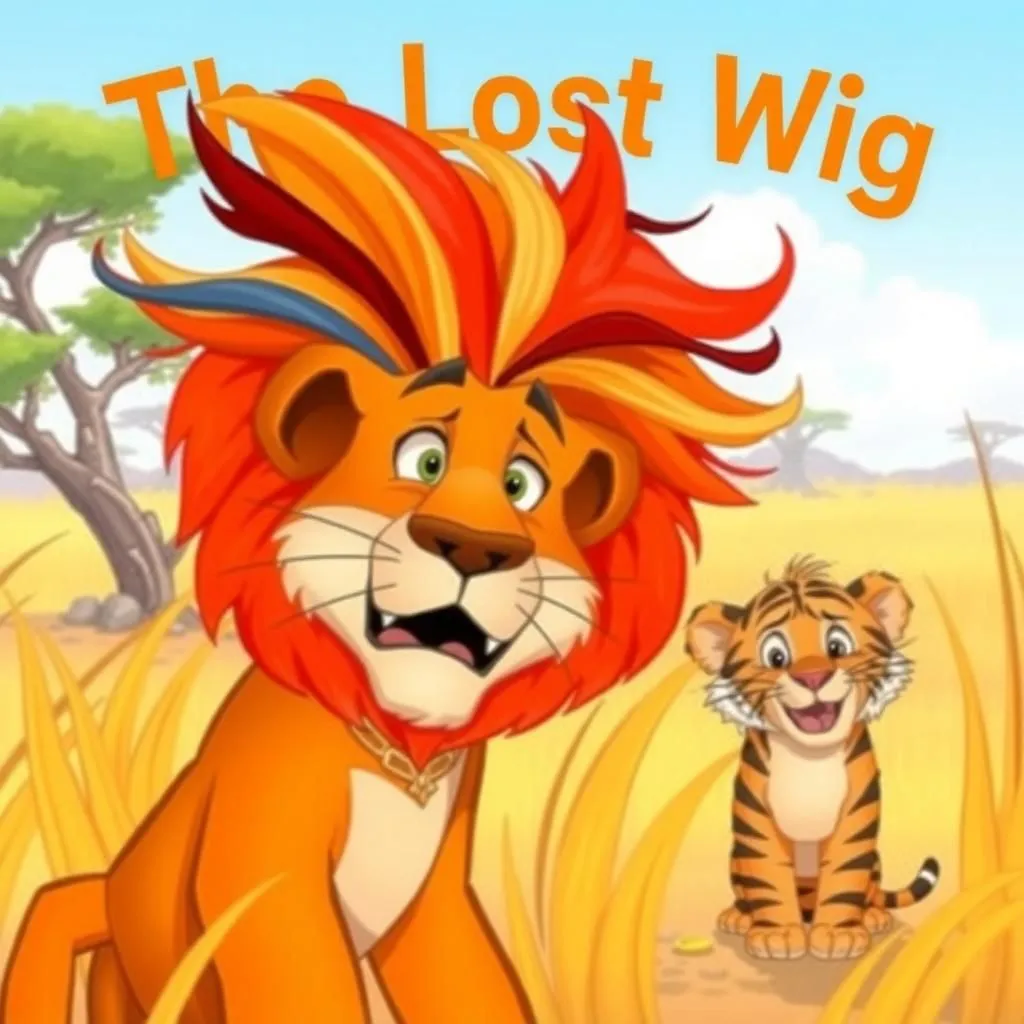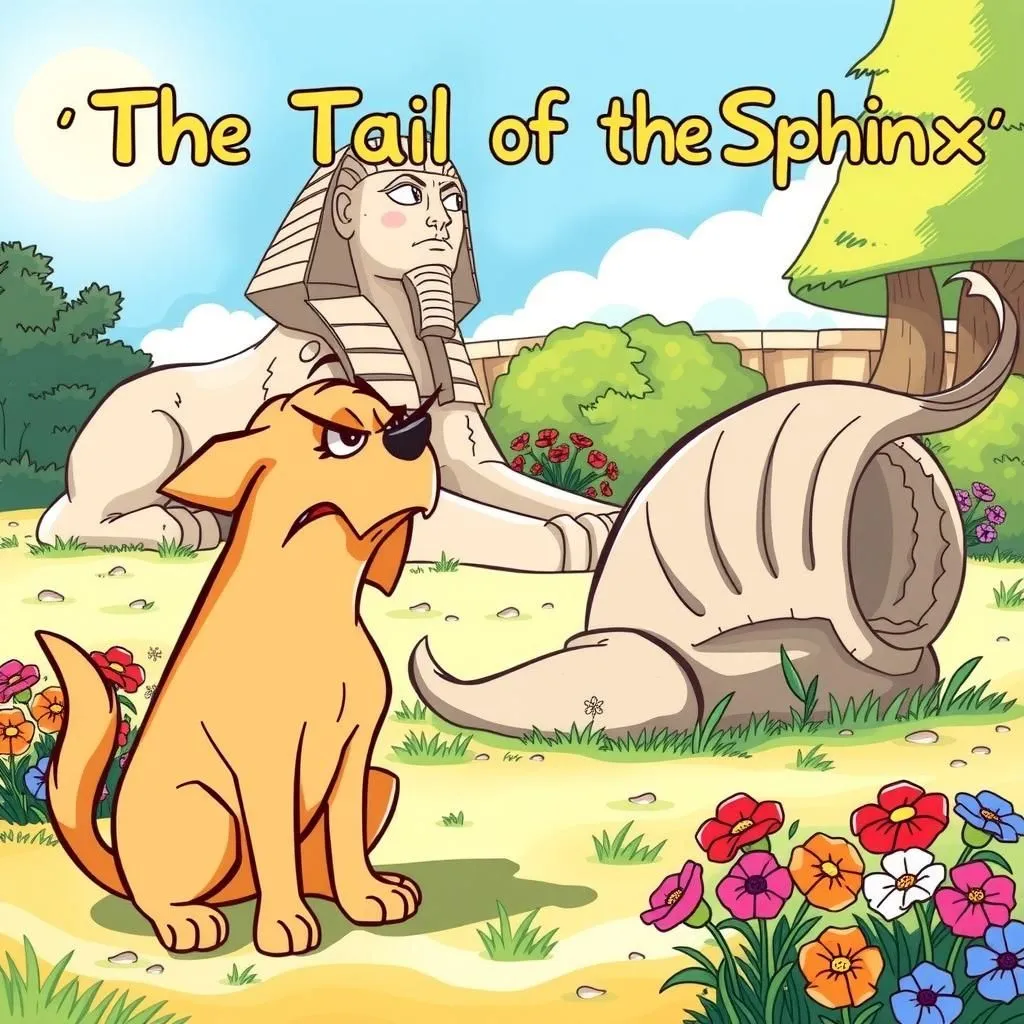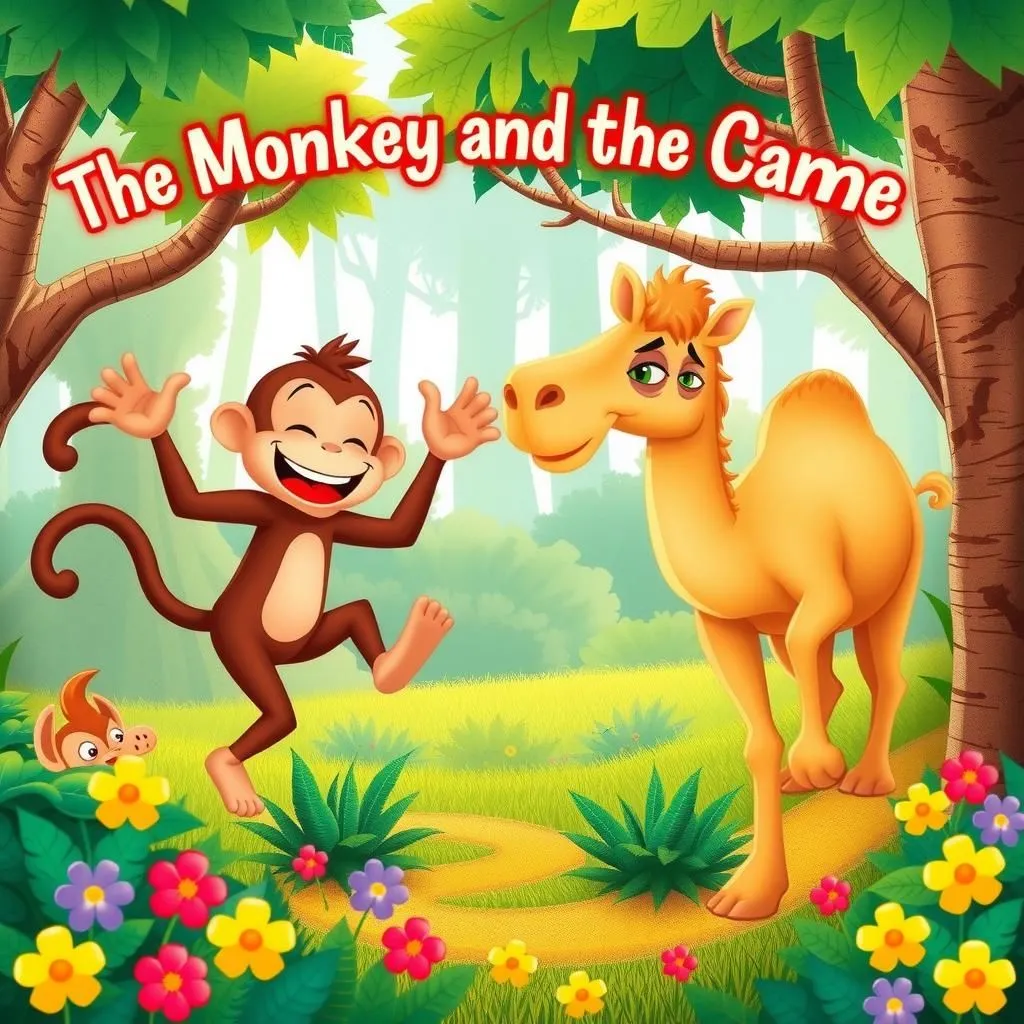
The Lost Wig
In "The Lost Wig," a humorous old lion, who wears a wig to hide his baldness, tries to impress a tiger sister with a bow on a windy day. When a gust of wind blows his wig away, he feels foolish but cleverly quips about his predicament, showcasing the wit found in many famous moral stories. This short story embodies the charm of small moral stories and famous fables with moral lessons about embracing one's flaws.


